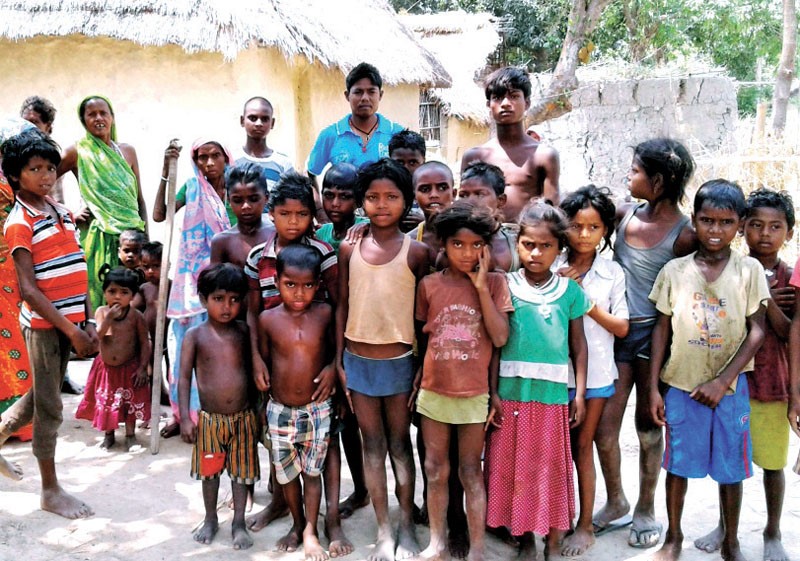KATHMANDU: The urgent need for attention and concerted efforts to address the critical situation of the Musahar community in Nawalparasi has become paramount across all sectors of society.
This conclusion stems from an immersive 23-day engagement with the Musahar community, involving a total sample size of 986 individuals, utilizing diverse methodologies such as group interviews, meaningful interactions, and direct observation of their daily lives.
The pivotal findings, proposed interventions, and the role of global citizens within the community must be underscored to elicit urgent medical assistance and safeguard their cultural heritage.
The comprehensive approach adopted during this investigation provided valuable insights into the community’s health challenges and their unique perspectives on well-being.
Nestled in the heart of the region, this backward and marginalized community is the focal point of our inquiry, aimed at fostering a community that lacks even the most basic life necessities, with its cultural identity gradually fading away.
A significant concern arises from the inadequate health facilities, exacerbating conditions for those grappling with severe illnesses such as cancer, tuberculosis, or common ailments.
Equally distressing is the prevalence of entrenched beliefs in witchcraft, hindering the pursuit of professional medical aid.
Tragically, individuals relying on spells, spirits, and fantasies are succumbing to illnesses due to the absence of scientific methods and medical assistance.
The research emphatically calls for transformative change, accentuating the imperative to address this pressing issue.
In light of these findings, this research serves as an unequivocal call to action, urging collective human effort to address the urgent health and societal challenges faced by the Musahar people.
The Musahar community’s lack of awareness about available medical resources, including doctors, health posts, and hospitals, further compounds the depth of the problem.
Efforts must be concentrated not only on establishing improved healthcare infrastructure but also on altering the traditional mindset that impedes access to medical services.
The ongoing project for the Musahar community aims to institute tangible changes, necessitating collaborative efforts from NGOs, government bodies, and local communities.
Crucially, fundraising initiatives can contribute to the establishment of health facilities and educational programs aimed at dispelling myths surrounding health.
Volunteers, medical professionals, and educators are instrumental in bridging the awareness gap and facilitating sustainable improvements.
In light of these findings, this research serves as an unequivocal call to action, urging collective human effort to address the urgent health and societal challenges faced by the Musahar people.
Preserving the rich cultural tapestry of this community is not just a responsibility; it is the pride of our country.
(Gautam is an IBDP Graduate)









Comment